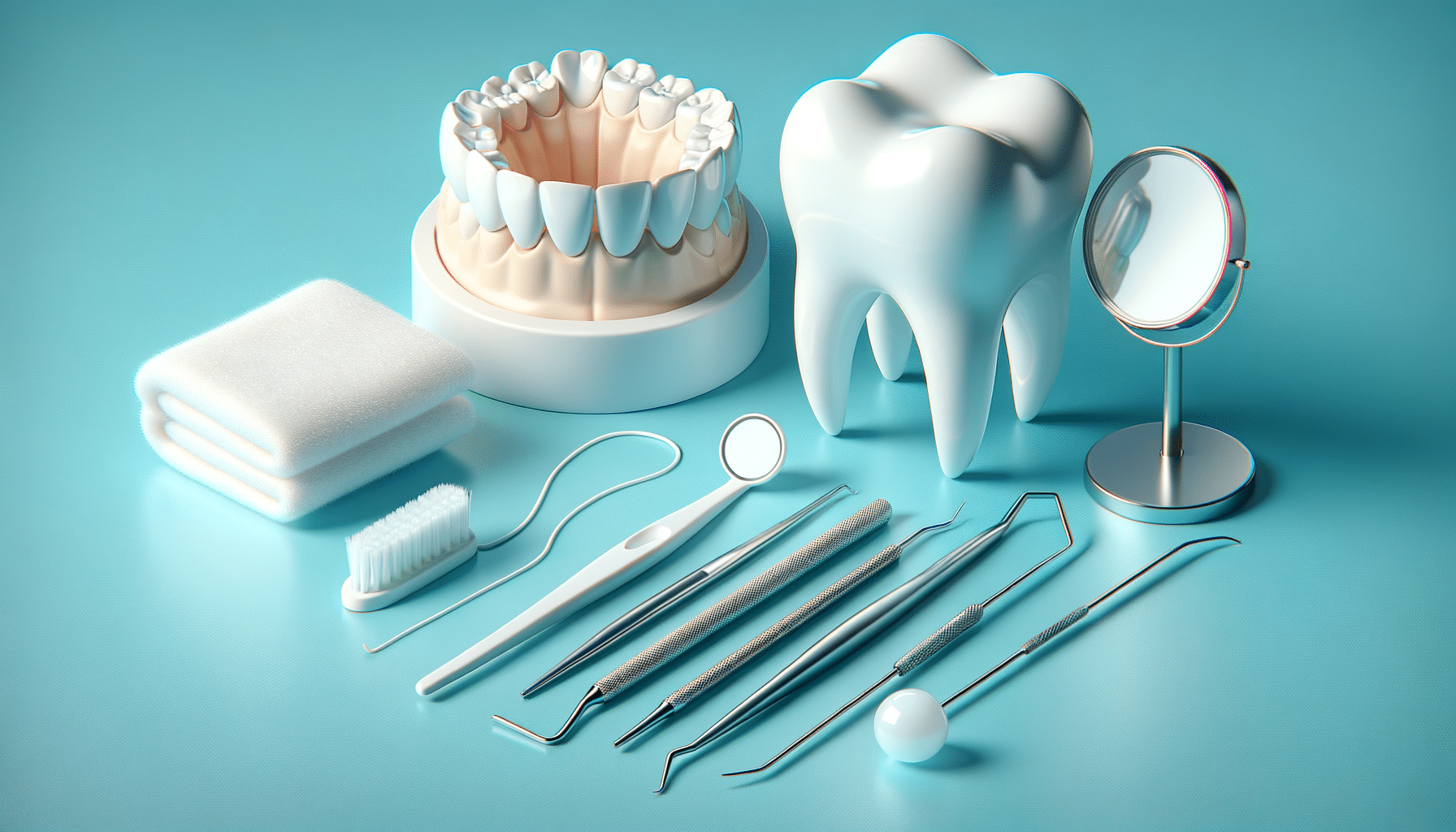
Understanding Dental Health: A Comprehensive Guide
The Importance of Dental Health
Dental health plays a crucial role in our overall well-being, yet it often gets overlooked. Maintaining good oral hygiene is not just about having a bright smile; it is integral to preventing more serious health issues. Poor dental care can lead to cavities, gum disease, and even heart problems, making it essential to prioritize oral health as part of your daily routine.
Regular dental check-ups are vital. They allow for early detection of potential issues, which can be addressed before they escalate. Dentists recommend visiting at least twice a year for cleanings and examinations. A comprehensive dental care routine includes brushing, flossing, and using mouthwash, which helps in removing plaque and preventing decay.
Moreover, dental health is directly linked to nutrition. A balanced diet rich in vitamins and minerals supports strong teeth and gums. Calcium, for instance, is crucial for maintaining bone density and tooth strength. Foods high in sugar and acid can erode enamel, leading to cavities. Therefore, moderating sugar intake and maintaining a balanced diet are key components of effective dental health.
Common Dental Issues and Their Prevention
Understanding common dental issues is the first step in preventing them. Cavities and tooth decay are among the most prevalent problems, especially in children and teenagers. These occur when bacteria in the mouth produce acids that erode tooth enamel. Regular brushing and flossing are effective preventive measures, as they remove food particles and bacteria.
Gum disease, another common issue, can lead to tooth loss if not treated promptly. Symptoms include swollen, bleeding gums and persistent bad breath. Practicing good oral hygiene and visiting the dentist regularly can help prevent gum disease. For those already experiencing symptoms, professional cleaning and specific treatments may be necessary.
Another concern is tooth sensitivity, which can cause discomfort when consuming hot or cold foods. This is often due to worn enamel or exposed roots. Using toothpaste designed for sensitive teeth and avoiding overly acidic foods can alleviate symptoms. Regular dental visits ensure that any underlying issues are addressed promptly.
Innovations in Dental Care
The field of dental care is constantly evolving, with new technologies and treatments emerging to enhance patient care. One such innovation is the use of digital imaging and 3D printing, which allows for precise modeling of dental structures, improving the accuracy of treatments such as crowns and orthodontic devices.
Laser dentistry is another advancement, offering a less invasive option for procedures like cavity treatment and gum reshaping. Lasers can reduce healing times and minimize discomfort, making them a popular choice for many patients. Additionally, advancements in sedation dentistry have made it possible for those with dental anxiety to receive necessary treatments without stress.
Tele-dentistry has gained traction, especially during times when in-person visits are challenging. This technology enables patients to consult with their dentists remotely, ensuring continuity of care and timely advice. These innovations are reshaping the dental landscape, making care more accessible and effective.


